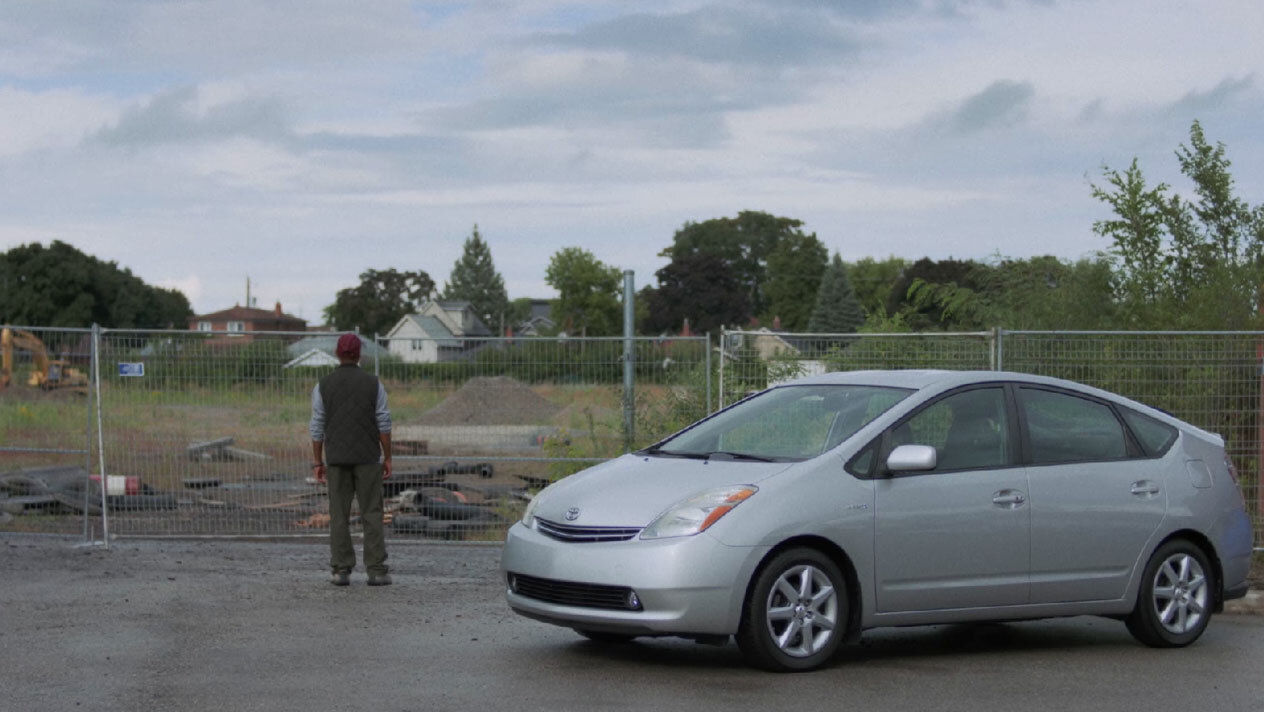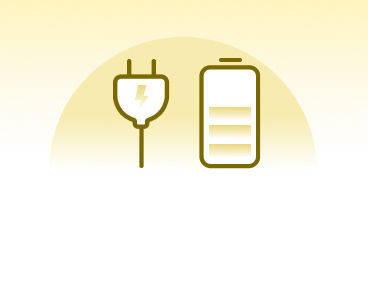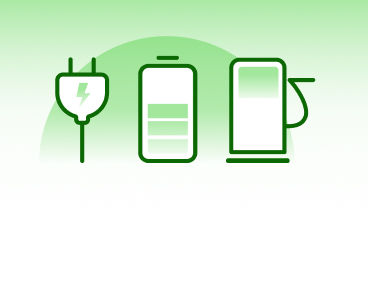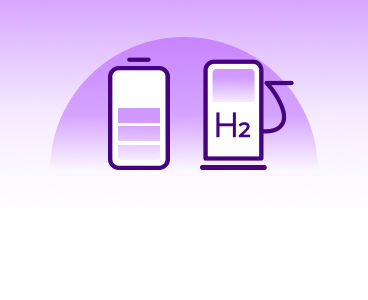Hybrid Electric Vehicles
HEVs seamlessly combine the power of a gas engine with electric motors. And because the hybrid battery recharges on the go, you never need to plug in.
Entrance to this website assumes you have read and agree to these Legal Terms and Conditions and the Privacy Policy.

We’ve been leading the charge for more than 20 years. So that today you can choose from an array of Toyota electrified vehicles and powertrains, and find the right one for you.
SOLD WORLDWIDE SINCE 1997
At Toyota, we believe that different mobility needs require different mobility solutions. That’s why we’re investing in a range of electrified technologies.
From compact sedan to full-size pickup, we offer electrified vehicles to help power your lifestyle.
An electrified vehicle can help you save at the gas pump, while reducing emissions. How much? It takes only a moment to find out.

A hybrid electric vehicle (HEV) seamlessly combines the power of a gas engine with the efficiency of electric motors. The battery is recharged while you drive so it’s always ready to go without ever needing to be plugged in.
A plug-in hybrid electric vehicle (PHEV) seamlessly combines the power of a gas engine with the efficiency of electric motors. While the hybrid battery recharges on the go, to get the full benefit of a plug-in – including increased electric-only driving range – the vehicle needs to be recharged from the power grid.
A battery electric vehicle (BEV) is powered entirely by a battery and single or dual electric motors. Like all electric vehicles, BEVs can also recharge their batteries to a limited degree through regenerative braking. To achieve a full charge, BEVs need to be plugged in.
A hydrogen fuel-cell electric vehicle (FCEV) uses on-board fuel cells to generate electricity from hydrogen and oxygen that in turn is used to power an electric motor. An FCEV, like the Toyota Mirai, XLE only takes about five minutes refuel, emits only water from its exhaust, and has a range of up to 647 km on a full tank*.
Fueling time varies with hydrogen fueling pressure and ambient temperature.
* Range of up to 647km (2023 Mirai XLE) and up to 602km (2023 Mirai Limited) based on Government of Canada approved test methodology for fuel cell electric vehicles. Estimated FCEV range rating when hydrogen tanks are completely full. Actual mileage traveled will vary and is dependent on many factors such as traffic, road and weather conditions, vehicle maintenance, refueling practices, driving speed and style, fuel cell age, battery age, and cargo load.
Toyota’s hybrid electric systems are designed and tested for Canada just like any Toyota vehicle, and adhere to Canada Motor Vehicle Safety Standards. HEVs, PHEVs and BEVs cause no greater concern for passengers or rescuers in the event of a collision than non-hybrid vehicles. The batteries are sealed in a protective metal case and insulated from the vehicle body. Additionally, hybrid electric battery cables are shrouded in bright-orange cladding as a warning to emergency workers, and Toyota works closely with first responders to provide information and material for training on how to work with hybrid electrics.
Not only do Toyota hybrid electric vehicles follow the same maintenance schedule of every 6 months or 8,000 KM (whichever comes first), but the way the hybrid electric system works may reduce how often other areas of the car need servicing. Depending upon how the vehicle is driven, in a hybrid electric, the engines are off some of the time, the brakes are regenerative, saving pad & rotor life, there is no transmission fluid under load, and there are no starters, alternators or belts to be replaced.
Drive a Toyota hybrid electric vehicle like you would any typical conventionally-powered vehicle. Toyota’s Hybrid Synergy Drive system works seamlessly in the background, optimizing the combination of gas and electric power as you drive. Fueling a Toyota hybrid electric vehicle is identical to fueling a conventional gasoline-powered vehicle; you do not need to plug it in. Plug-in hybrid electric vehicles offer the benefits of a hybrid electric, with the option to plug the vehicle in for extended electric-only range.




